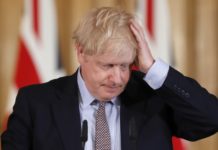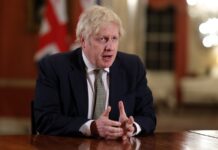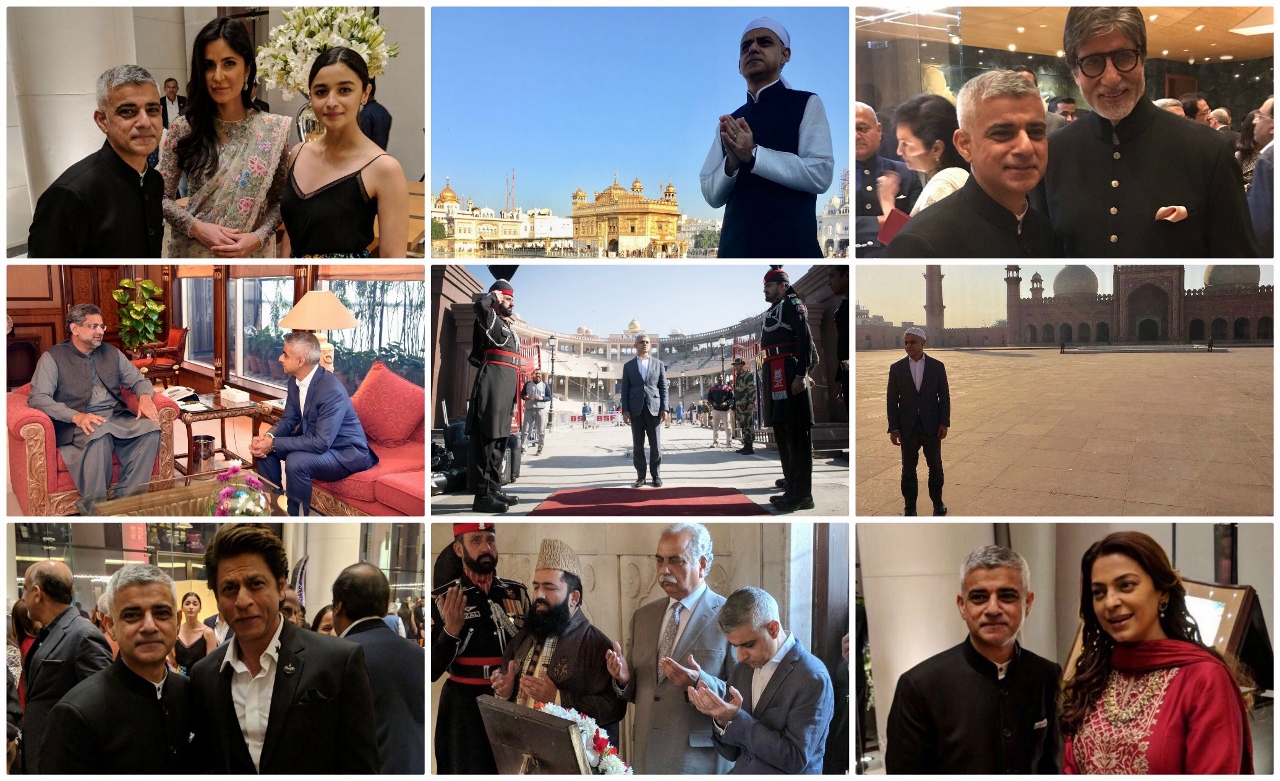Muslim children who risk radicalisation by their parents should be taken into care, Boris Johnson has said.
Writing in his weekly Daily Telegraph column, the London mayor said such children were victims of child abuse.

of radicalisation should be in care”
Mr Johnson said they should be removed from their families to stop them being turned into “potential killers or suicide bombers”.
The Muslim Council of Britain warned Mr Johnson’s remarks risked inflaming anti-Muslim feeling.
In his article, he warned that some young people were being “taught crazy stuff” similar to the views expressed by the two men who killed Fusilier Lee Rigby on a south-east London street.
Mr Johnson wrote: “At present, there is a reluctance by the social services to intervene, even when they and the police have clear evidence of what is going on, because it is not clear that the ‘safeguarding law’ would support such action.
“A child may be taken into care if he or she is being exposed to pornography, or is being abused – but not if the child is being habituated to this utterly bleak and nihilistic view of the world that could lead them to become murderers.”
He added: “I have been told of at least one case where the younger siblings of a convicted terrorist are well on the road to radicalisation – and it is simply not clear that the law would support intervention.
“This is absurd. The law should obviously treat radicalisation as a form of child abuse.
“It is the strong view of many of those involved in counter-terrorism that there should be a clearer legal position, so that those children who are being turned into potential killers or suicide bombers can be removed into care – for their own safety and for the safety of the public.”
Speaking on his monthly phone-in on LBC Radio, he said he had thought long and hard before making the case for intervention in what he suspected might be “no more than a few hundred” cases.
“It is particularly apposite in view of the sentencing of the killers of Drummer Lee Rigby,” he said.
“The question is, how do we stop this happening again? How do we make sure the kids in London are not growing up with these kind of nightmarish ideas in their heads?
“You can tackle the extremist preachers, you can do all sorts of things in the mosques… but one thing that has been brought to my attention is this particular anomaly that you can have in some cases, some kids who are being put at risk by the desire of their parents or their step-parents, their immediate family, to radicalise them.”
Asked whether the children of BNP activists could also be taken into care, Mr Johnson said this might be justified in “extreme” cases, such as if they were being taught that race-based assaults were acceptable.
“It all depends on the interests of the child,” he added. “It depends what is happening. If that child is being taught to want to commit crime, or be full of hate, then I imagine you might contemplate such a thing.”
However, the Muslim Council of Britain called on politicians to stop seeking “easy headlines” and warned Mr Johnson’s remarks could provoke anti-Muslim hatred.
“After the terrible murder of Lee Rigby – condemned by Muslims throughout the country – there was a huge spike in Islamophobic attacks”, a spokesman said.
“The people responsible for the murder of Lee Rigby were not sons of radical extremists, nor were those who committed previous atrocities. To tackle their extremism we need to look beyond the need to generate easy headlines.”
The spokesman said young people of all faiths “do not need politicians threatening the prospects of living in a Big Brother Society”.
A spokesman for the anti-extremist think-tank, the Quilliam Foundation, agreed with Mr Johnson’s points about a “fatal squeamishness” about intervening in the behaviour of a “protected group”.
He said the law must be “fairly and equally applied to all members of society, both in terms of protection and in terms of prosecution”.
But the Foundation said changing the law to enable intervention when children are merely at risk of radicalisation was “dangerous territory”, adding that there was little academic evidence to suggest parents played a key role in radicalisation.
“Non-violent extremism must be challenged, but not through illiberal legislation that is likely to do more harm than good. It is better to challenge the ideology and the narrative, rather than to alienate and malign individuals”, the spokesman said.















